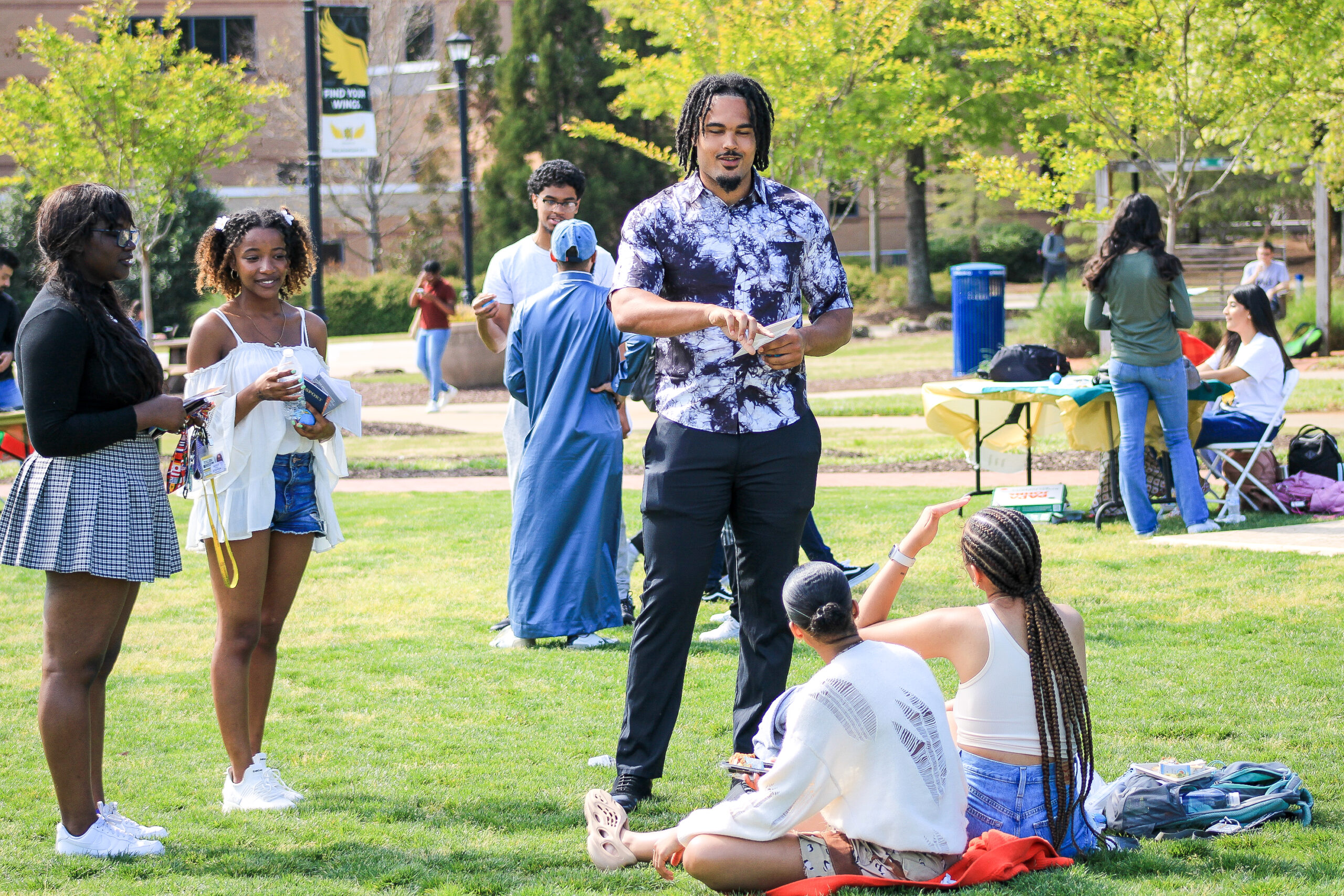Abortion is one of the most controversial conversations you can bring to a college campus, and it affects so many college-aged individuals.
We need to have a conversation about abortion, since the issue of funding Planned Parenthood is continually in question.
According to the Gutchmacher Institute, over half of the abortion patients in 2014 were in their 20’s. The National Center for Higher Education Management Center says about 30 percent of 18- to 24-year-olds were enrolled in college in 2009, so it’s possible that many of those women attended college when they obtained their abortions. If they were not enrolled in college, they could have been working trying to build a career for themselves.
I’m not going to downplay the struggle of an individual who is taking classes or trying to start a career while experiencing unplanned pregnancy. All I can say is that their situations may be difficult and are unique to each individual.
I understand that abortion is a sensitive topic, but I want to point out how much this issue affects our peers. To me, it seems we are afraid to confront their struggles when we should be seeking to understand them.
Although I have never experienced an unplanned pregnancy, abortion is an issue that hits close to home for me, and I wish more students would discuss it.
In 2014, my parents came home from China after adopting my new 4-year-old sister. We have no idea who her true biological mother was or what her situation was like. I am very thankful, however, that she was able to give birth to my sister.
Our adoption agency told my parents that society puts a lot of pressure on women in China who experience unplanned pregnancies, and some women may be forced to have an abortion.
The Washington Post, NPR and other outlets have shared stories of how China’s one-child policy has lead to many forced abortions. However, the one-child policy has not been the only contributing factor.
Just as American women are pressured with expectations from their partners, families and society, Chinese women have to fight these same battles on top of pressures from their government.
One of my professors brought up abortion in class once, hoping students would share their views on the subject. I remember the silence filling the classroom, and my professor tried to initiate the conversation.
A few students spoke up and attempted to answer some questions my professor asked: What if there is no hope for the child? If this baby was born, would he or she have a good life if the mother is struggling to support herself?
In China’s context, these questions could be translated to: Is it even worth giving birth if the mother can’t even keep her child after he or she is born? Is it worth giving birth if the child is going to become just another orphan who has a meager chance of being adopted one day?
These questions, although they seem innocent, seem to reinforce the social pressures on women today. As someone who has experienced the joy of adoption, I know I have no place in predetermining the quality of an unborn baby’s life or the capability of an expecting mother to care for her child — even if that means giving her child up for adoption.
Before our government forces states to fund Planned Parenthood, we need to put the overused rhetoric aside and have a real conversation about these issues. I believe college students and young adults can have the biggest impact in that conversation, since abortion affects so many of us.
We can help women who are in difficult situations. I don’t believe that they or their unborn children are a mistake, so let’s change society and stop making women feel like it.


